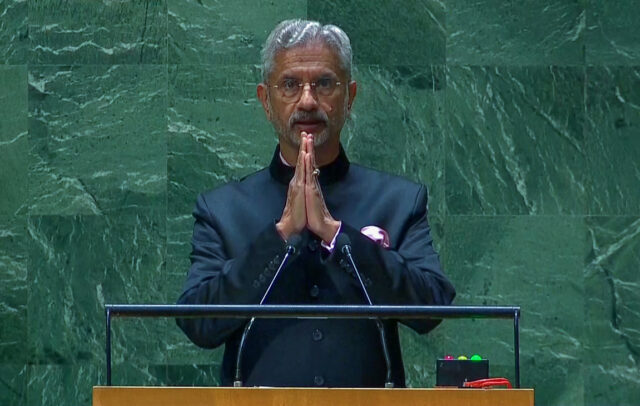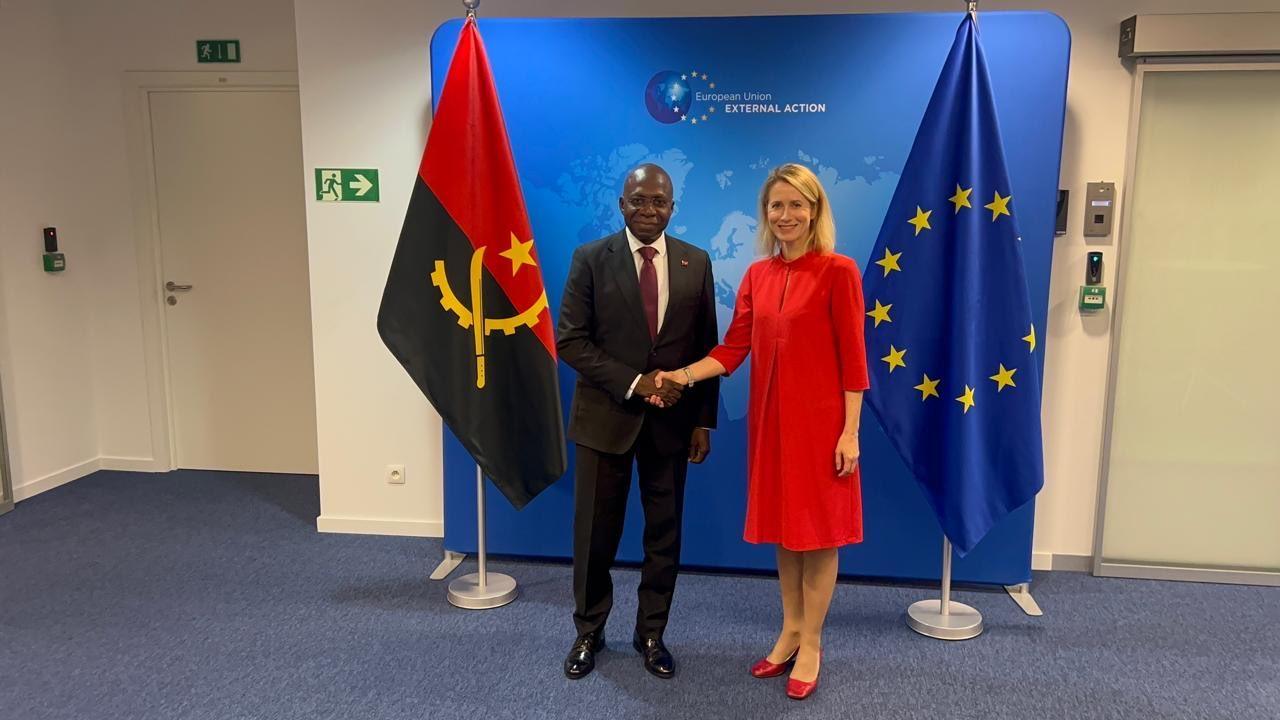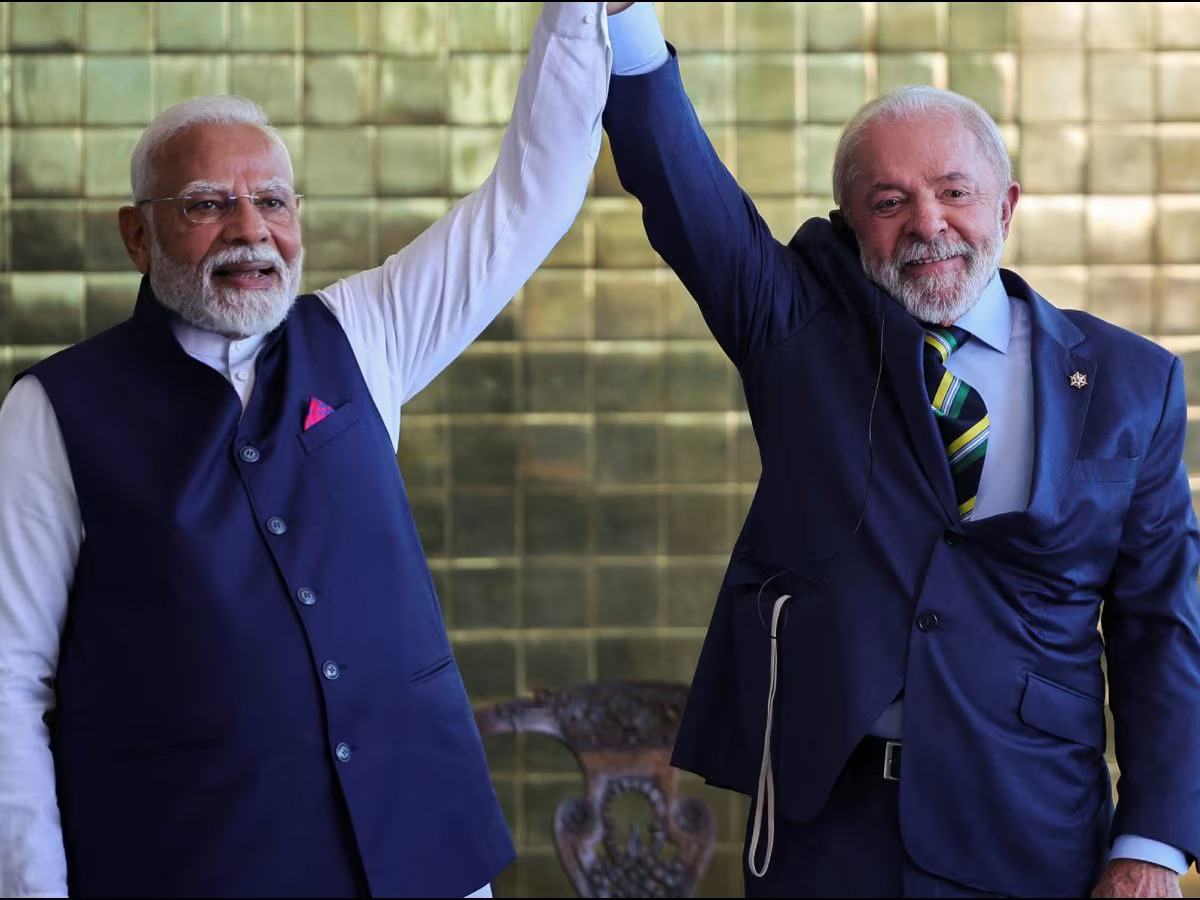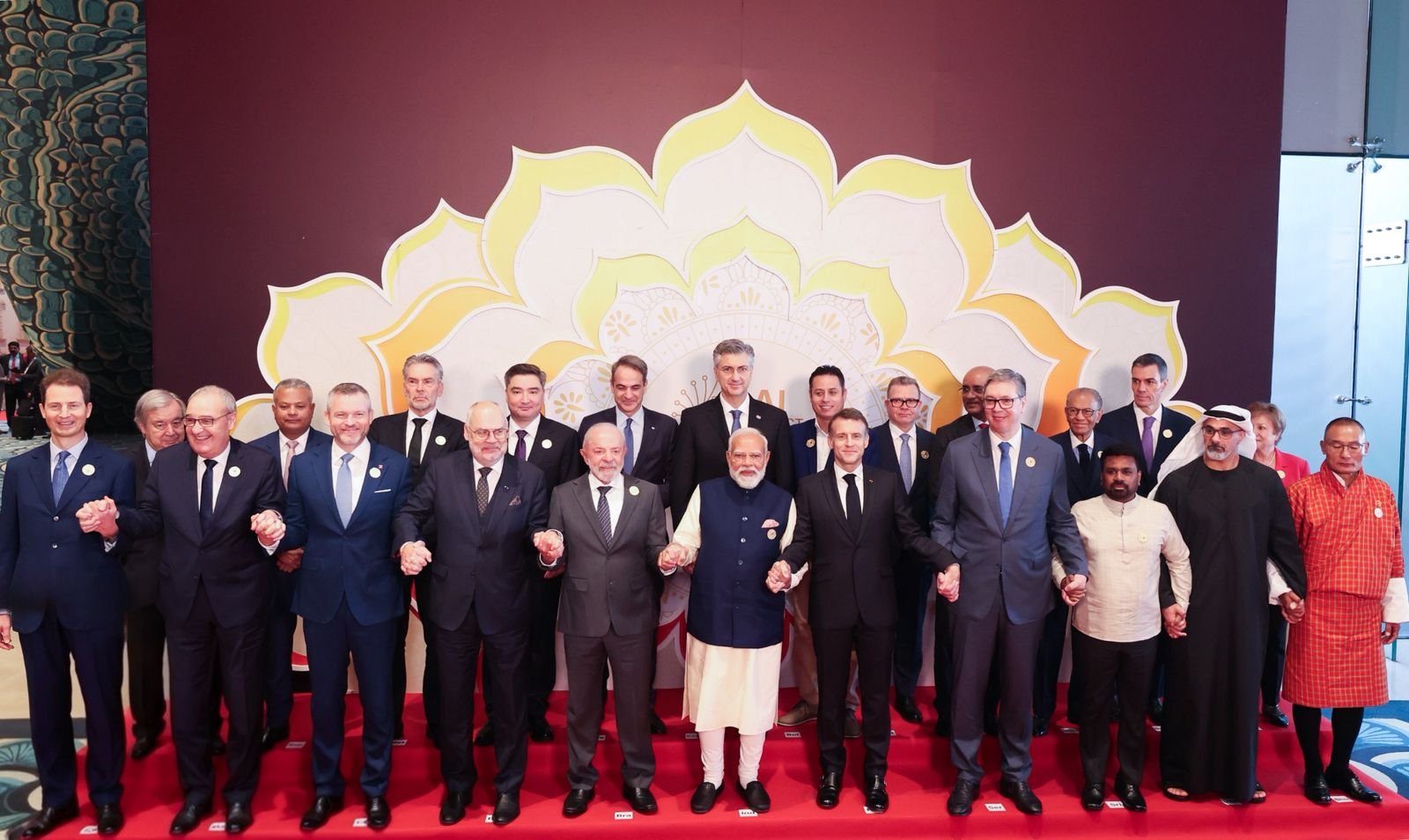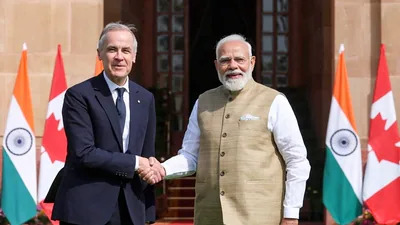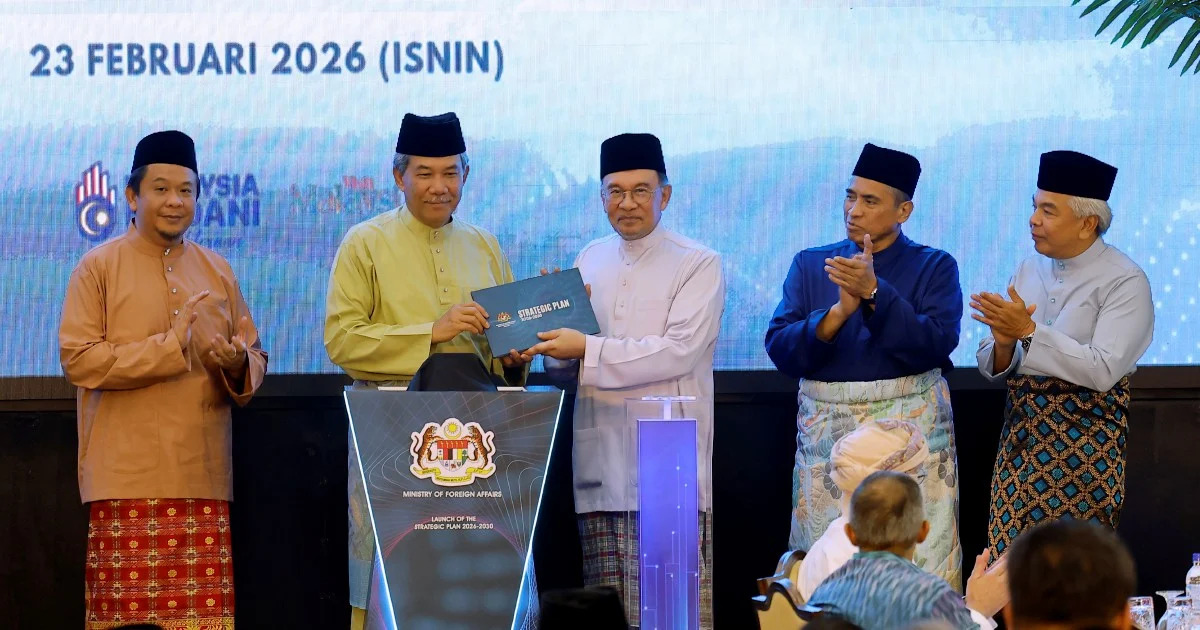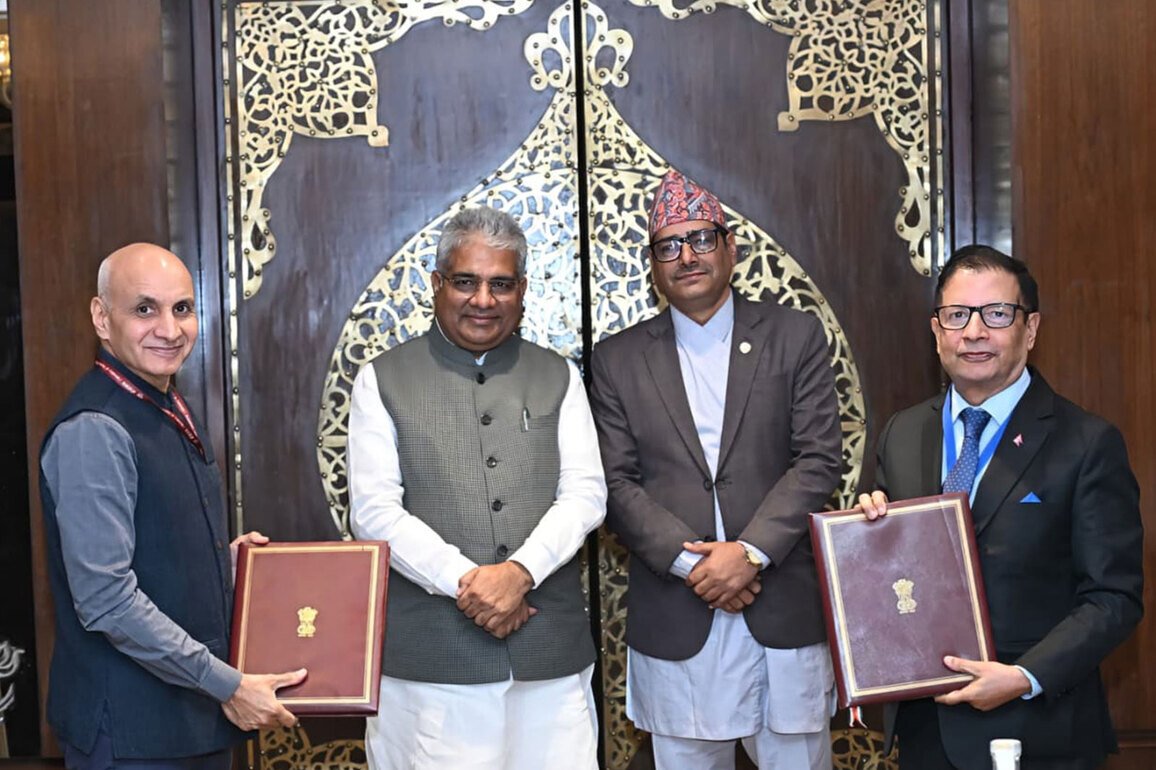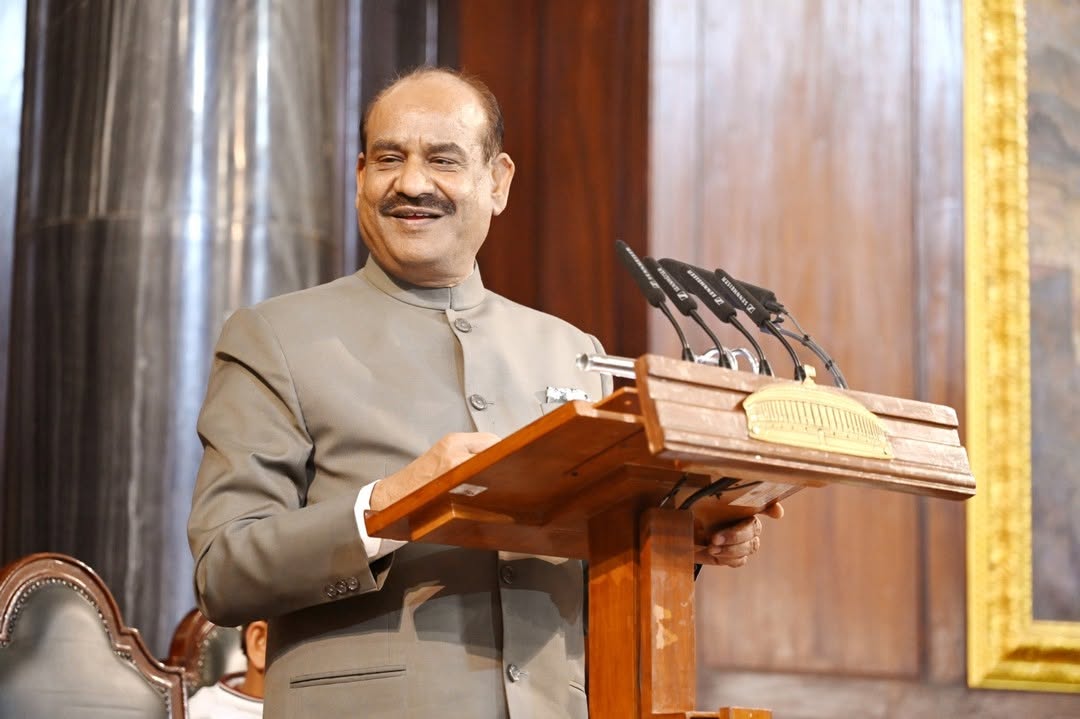In a series of high-level diplomatic engagements on the margins of the 80th United Nations General Assembly (UNGA), India’s External Affairs Minister, Dr Subrahmanyam Jaishankar, held bilateral discussions with his counterparts from Mexico, Cyprus, and a number of Pacific Island nations. The meetings reaffirmed India’s deepening commitment to enhancing multilateral cooperation and fostering stronger ties with countries across the Global South.
The External Affairs Minister met with Juan Ramón de la Fuente, Mexico’s Secretary of Foreign Affairs, where both sides agreed to expand upon recent diplomatic exchanges. Discussions centred on shaping a renewed strategic roadmap to deepen bilateral cooperation between India and Mexico. The two nations, historically bound by shared democratic values and a mutual interest in global south solidarity, now aim to expand collaboration in trade, technology, and multilateral engagement.
Later in the day, EAM Jaishankar conferred with Cypriot Foreign Minister Constantinos Kombos. The meeting served as a follow-up to Prime Minister Narendra Modi’s visit to Cyprus earlier this year, during which a new phase of Indo-Cypriot relations was initiated. The ministers reviewed progress in ongoing initiatives and discussed avenues to further enhance cooperation in sectors such as education, digital infrastructure, and maritime connectivity.
In addition to these bilateral meetings, Mr. Jaishankar participated in the Foreign Ministers’ Meeting of the Forum for India-Pacific Islands Cooperation (FIPIC), engaging with leaders from several Pacific nations. This underscores India’s increasing outreach to small island developing states, particularly those grappling with existential threats posed by climate change, economic vulnerabilities, and supply chain disruptions.
Speaking at the High-Level Meeting of Like-Minded Global South Countries in New York, Dr Jaishankar delivered a candid assessment of the global geopolitical climate. “We meet in increasingly uncertain times,” he began, “when the state of the world is a cause for mounting concern for member states.” His remarks laid bare the multifaceted crises afflicting the Global South—ranging from the lingering shocks of the COVID-19 pandemic to the disruptive consequences of ongoing conflicts in Ukraine and Gaza. He further identified a convergence of challenges: extreme weather events, erratic trade flows, unpredictable investment trends, and a sharp deceleration of progress on the Sustainable Development Goals (SDGs). “Most concerning,” he noted, “is that the rights and expectations of developing countries—so carefully nurtured within the international system—are now being severely tested.”
He expressed disappointment at the current state of multilateralism, characterising it as ineffective and under siege. “International organisations are being rendered ineffective or starved of resources,” he warned, adding that “the building blocks of the contemporary order are starting to come apart.” Against this backdrop, he called upon Global South nations to respond with unity and assertiveness. “In the face of such a proliferation of concerns and multiplicity of risks, it is natural that the Global South would turn to multilateralism for solutions,” he said, stressing the need for transparent economic practices, inclusive development strategies, and collaborative approaches. Outlining a constructive agenda, Jaishankar proposed a range of practical initiatives to invigorate South-South cooperation. These included:
- Creating stable, balanced environments for economic interaction, especially through increased trade, investment, and technology collaboration among developing countries;
- Building resilient and diversified supply chains, thereby reducing over-dependence on any single market or supplier;
- Resolving conflicts impacting global food, fertiliser, and energy security, particularly in light of geopolitical tensions that disproportionately affect the Global South;
- Harnessing digital technologies for development, through shared infrastructure and equitable access frameworks;
- Addressing climate justice and promoting indigenous climate action, rooted in the realities of developing nations;
- Strengthening institutional platforms that facilitate regular consultation, capacity sharing, and joint action among Global South nations.
Significantly, Jaishankar emphasised the urgent need for reform within the United Nations and other multilateral institutions. “The very concept of multilateralism is under attack,” he reiterated, calling for “a fair and level playing field that does justice to the development concerns of the Global South.” He also touched upon emerging global challenges such as artificial intelligence, cautioning that while AI holds transformative promise, its deployment must reflect inclusive priorities and be guided by ethical considerations tailored to diverse developmental contexts.
In closing, Dr Jaishankar invited his counterparts to adopt India’s five-point proposal aimed at reinforcing Global South solidarity. These include enhanced consultation through existing forums, the sharing of home-grown innovations (such as in vaccine manufacturing and digital public infrastructure), climate action led by southern priorities, responsible technology discussions, and comprehensive reform of global governance structures. With the world order in flux, India’s diplomatic engagements at the UNGA reaffirm its role as a leading voice for the Global South. Through consistent outreach and a principled approach to multilateralism, New Delhi seeks to reposition the developing world not merely as stakeholders—but as equal architects—of a more just and inclusive global future.

